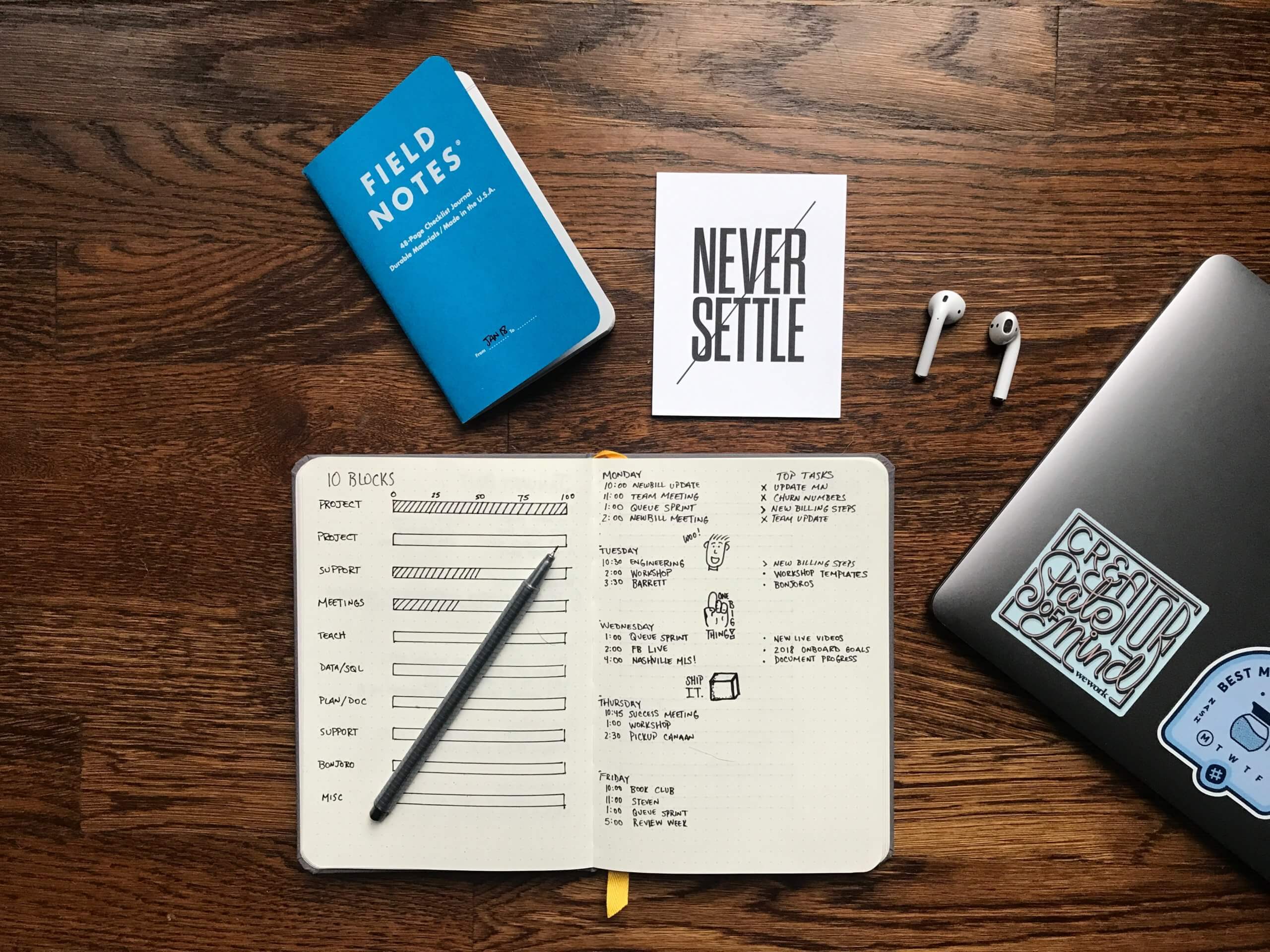Everything You Need to Know about UCAS
UCAS is an essential part of the university application process. Based in the UK, the organisation is responsible for running the application process for all British universities. Before you apply, it’s a good idea to learn more about UCAS and how it works. Find out everything you need to know about UCAS and the process of applying to university in our guide!
What is UCAS?
UCAS stands for the “Universities and Colleges Admissions Service” and is an independent charity that offers information and advice, alongside admissions services. Each year, it handles a huge number of applications to universities in the UK.
If you are applying to any university in the UK, you need to apply via UCAS. With UCAS you set up an account, send an application to your chosen universities, get a response (and hopefully an offer) from the universities and then confirm where you are going. UCAS makes applying to university easy as it’s all on one online account.
How Does the UCAS Application Process Work?
When applying through UCAS, there is quite a lot you’ll need to do. For this reason, it’s best to start as early as possible, rather than leaving it until the last minute. To make an application, you’ll need to follow the steps below:

1. Register with UCAS
First things first, you need to create an account with UCAS. Once you have registered you then have a lot to fill out (which we’ll go through next). Do all this as early as possible, as for most unis the deadline for applying is the January of the year you will be going to uni, some universities and courses have an earlier deadline though. You can see deadlines for applications on UCAS.
2. Complete Your Details
Once you’re registered, you need to fill in all your personal details. Be sure to fill in everything honestly, answer all mandatory queries and don’t skip any sections. In good news, you don’t have to do this all in one go, you can save at any time, but it is best to get this completed sooner rather than later, so you have plenty of time before application deadlines.
When filling out your personal details, make sure you have an up-to-date email address. This section will ask about your residency status, personal circumstances and how you plan to fund your studies. There are also specific questions for UK students.
Once your personal details are completed, you’ll need to add your education history. All your qualifications from secondary education onwards must be entered here, even if you are still awaiting results or didn’t complete the course. If you are awaiting results, UCAS receive the results for many UK courses, so will send them on to universities that you have offers with once you have the results. However, if you are completing a course that UCAS don’t receive the results for, you must send the results once you have them. If you are unsure, you can find the list of exam results UCAS receive here.
Lastly in your details, you will need to enter any paid jobs you have had. This includes full and part-time work, and you can enter up to five jobs. Do not put any voluntary work, this should be put in your personal statement instead. If you have not had paid work, you can leave this section blank.
3. Choose Your Courses
You may be thinking it’s a little early to be choosing your course almost a year in advance, but you must do this before the deadline. Do plenty of research on courses and universities so you can figure out what you want to study and where. Going to university open days as early as possible can help with this.
If you’re unsure where to start with this, have a read of Things to Consider When Choosing a University.

You can apply for just one university and course, but it doesn’t cost much more to apply for up to five, so it’s worth giving yourself some options. You can choose your courses all at the same time or add them at different times. Your courses won’t be in any preference order and the other universities won’t see where else you’ve applied.
4. Write Your Personal Statement
Quite often the bane of every college student, the personal statement is probably the most important part of your university application. The personal statement is where you can write in your own style and really “sell yourself” to your chosen universities. In this, you need to tell the universities why you want to study with them, your skills and experience and really showcase your achievements. Be sure to run this through a spell checker and ensure it is all correct before you upload it to UCAS (write it using an external program first).
If you need help with this, check out our guide on How to Write a Personal Statement.
5. Submit, Pay and Pass On To Your Referee
After you have completed your personal statement, you will be shown it in full, take this opportunity to check it for any errors and make any edits. Then you will be asked to read and agree to the declaration. At this point, you will also have to pay for your application. The fee for UCAS for 2023 entry is £22.50 for a single course, or £27 for more than one.
Once this is done, you need to pass the application on to a reference. This can be a teacher, adviser or professional who knows your academic history and merits. Be aware, your application will not be submitted until your reference has been completed and added to your application.
What Happens After You’ve Applied with UCAS
After making your application, you’ll need to wait approximately two to three weeks to hear back. When you finally do hear back, you will either:
- Receive a conditional or unconditional offer
- Get an unsuccessful or withdrawn response
Receiving a conditional or unconditional offer is a good thing. A conditional offer means you have a place on your chosen course if you meet set criteria. That could be that you need certain grades, a specific number of UCAS points, or a combination of both, to guarantee your placement. An unconditional offer means you have been accepted and the place is yours if you still want it.
If you are unsuccessful, it means you haven’t been accepted for the course you chose. This could be for a wide range of reasons. Alternatively, the course may have been withdrawn by the university. The reasons will usually be shared within the letter or email.
As you applied for up to five different universities, it’s possible you could receive up to five offers. You can only accept one offer, so once you’ve heard back from each course and university, you’ll need to make a choice. The one that you choose is referred to as your ‘Firm Acceptance’. You’ll also be able to choose a second offer as your ‘Insurance Acceptance’. An insurance acceptance is often there as a backup choice in case you don’t meet the set criteria of your first choice. You will need to turn down all other offers.
Results Day
If you accepted a conditional offer, you now need to wait for your results. UCAS will send your results over to your chosen university as soon as they are published, and often before you can collect your results! On results day, simply log into your UCAS account and track your applications to see if they have been confirmed.
If you accepted an unconditional offer, you are already accepted and it should be confirmed regardless of your results.
What to Do if You Don’t Get the Grades
If you have been rejected, don’t panic! Thousands of students sadly don’t get the place they wanted. Universities receive a lot of applications, and they can’t accept them all. That is where clearing comes in useful.
You can apply through UCAS clearing to see which universities still have spaces on their courses. This can be a great option for students who didn’t get the grades they needed for a conditional offer. Be aware though, there is an additional fee of £6 to apply through clearing.
For more information on how to use this process, check out our post on How to Use Clearing.

UCAS Tariff Points
UCAS points are often used as a conditional offer – you normally require a minimal amount as well as certain grades in some subjects, so it’s important that you understand these. Understanding them can help you ensure you get enough points for your accepted offer.
What are UCAS points?
A lot of qualifications, such as A-Levels, have a UCAS Tariff value. Your UCAS points relate to the qualifications you have and the grades you achieved. This means the various qualifications can be converted into one common system. Higher education course providers use this points tariff to check that you meet their entry requirements.
This can be a little complicated, and once you have your offer you’ll have to figure out what grades you need to meet the requirements. Luckily, UCAS have a tariff calculator which can help any student with this!
The tariff calculator doesn’t have all qualifications so for international students this can be more complicated, as you might have different entrance requirements, exams, and grading scales, but don’t worry, on your chosen university’s website they should have an international hub which tells you what grades you may need.
How to Get More UCAS Points
If you want to strengthen your application, you might find it useful to increase the amount of UCAS points you have. You can do this in the following ways:
- Take extra AS level courses – If you complete extra AS level courses, it’s going to give you additional points.
- Volunteer – Did you know there are community-based courses you can undertake from to help boost your points?
- Take up an instrument – If you reach above grade 6 when learning an instrument, it contributes a lot more UCAS points to your score. If you use a private tutor, you’ll be able to get graded much faster.
Understanding UCAS is vital for applying to university, and it makes the application process easy and trackable. Be sure to get your application in as early as possible, so you can receive offers and know what grades you need.
For more help on applying to uni and studying at uni, check out our study category in our Student Journal